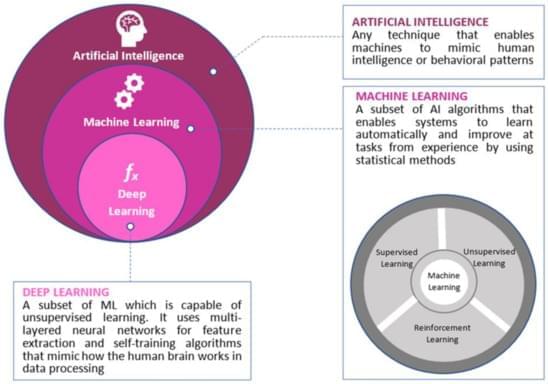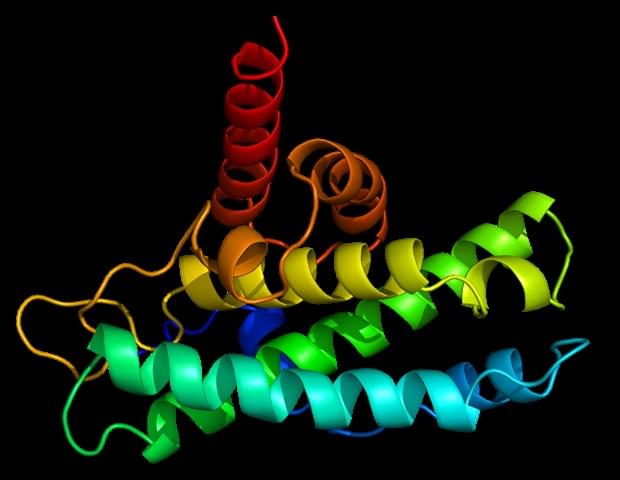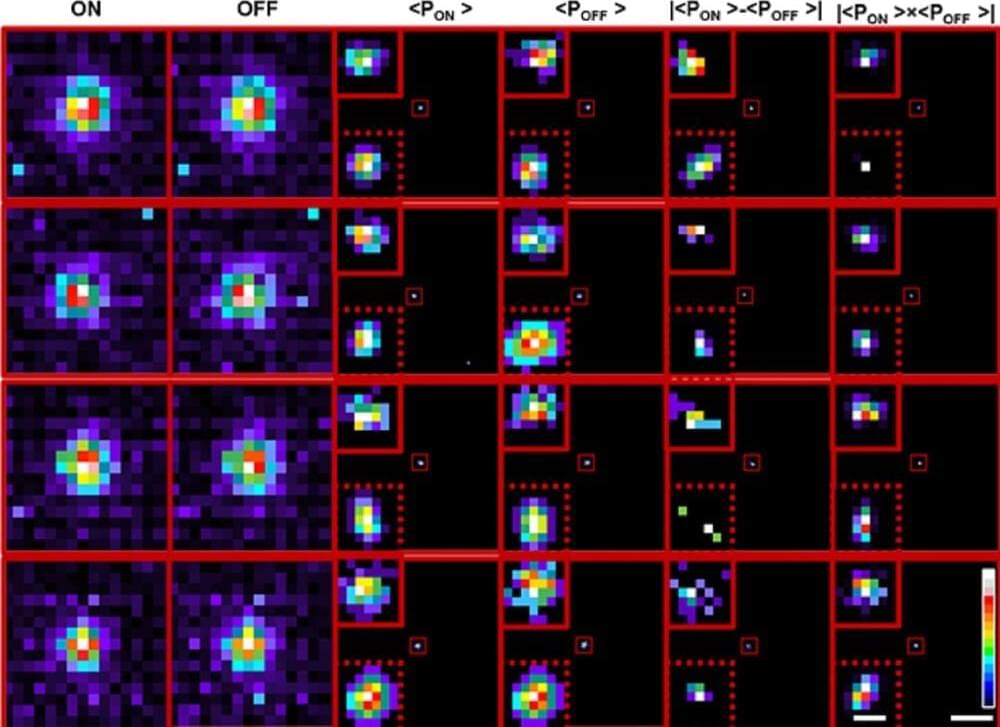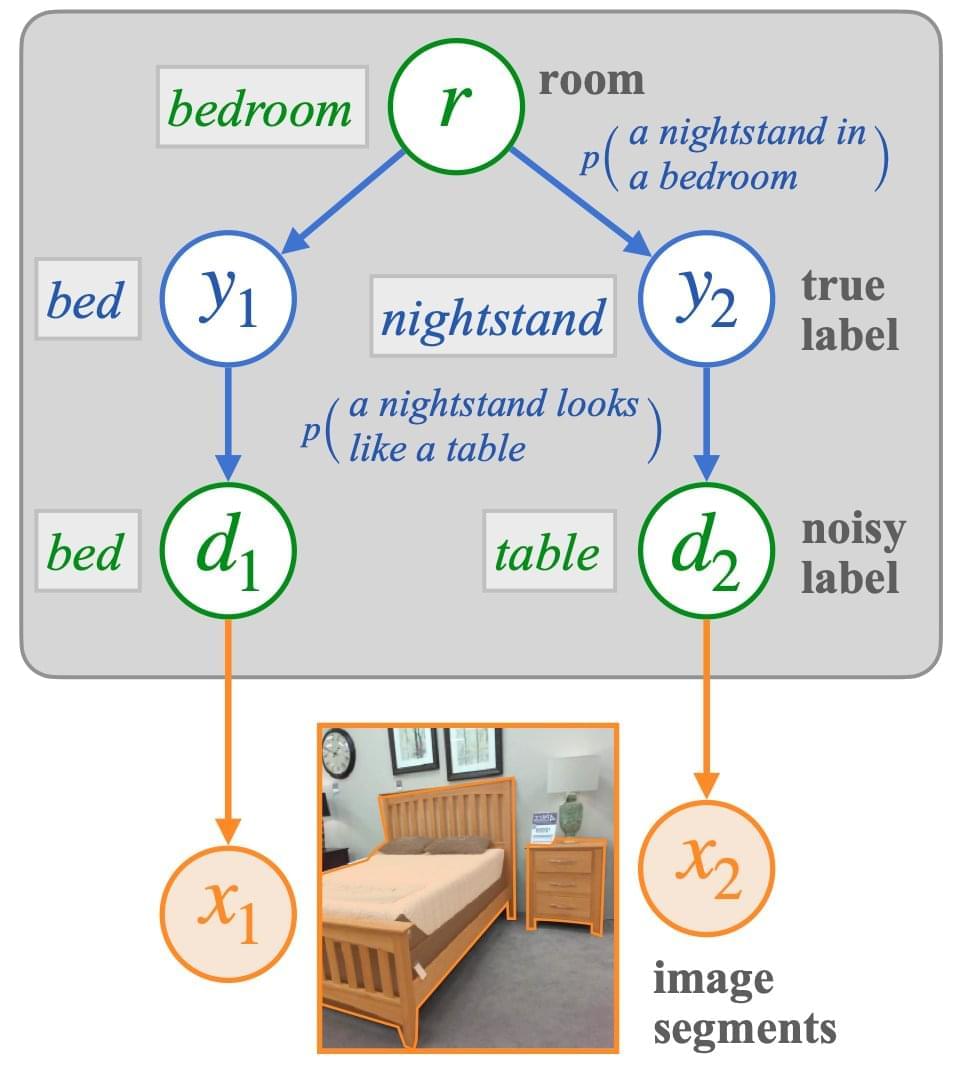As chatbot responses begin to proliferate throughout the Internet, they will, in turn, impact future machine learning algorithms that mine the Internet for information, thus perpetuating and amplifying the impact of the current programming biases evident in ChatGPT.
ChatGPT is admittedly a work in progress, but how the issues of censorship and offense ultimately play out will be important. The last thing anyone should want in the future is a medical diagnostic chatbot that refrains from providing a true diagnosis that may cause pain or anxiety to the receiver. Providing information guaranteed not to disturb is a sure way to squash knowledge and progress. It is also a clear example of the fallacy of attempting to input “universal human values” into AI systems, because one can bet that the choice of which values to input will be subjective.
If the future of AI follows the current trend apparent in ChatGPT, a more dangerous, dystopic machine-based future might not be the one portrayed in the Terminator films but, rather, a future populated by AI versions of Fahrenheit 451 firemen.








